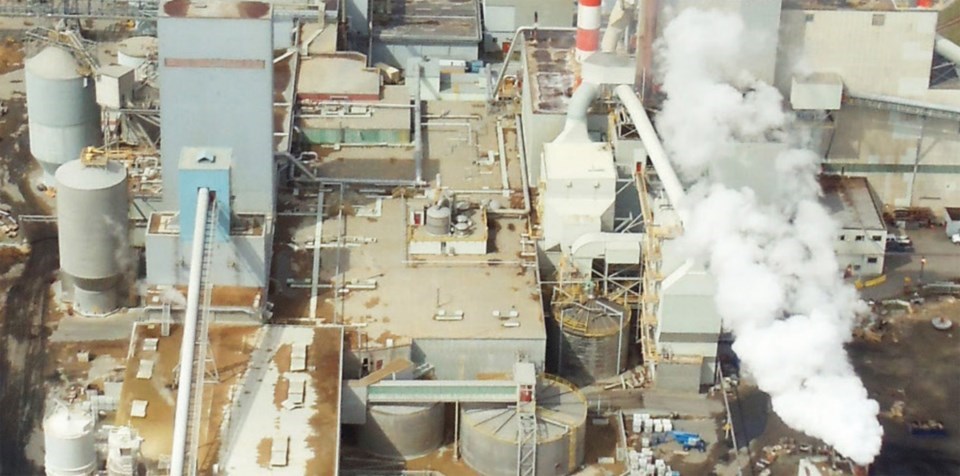When huge problems have presented themselves in Prince George history, residents have a history of stepping up with innovative, ambitious “made in PG” solutions.
Doctor shortage? Let’s have a big community rally and campaign for a medical school. Enter the Northern Medical Program.
Northern residents having to travel south and spend a lot of money for cancer treatment? Enter the B.C. Cancer Centre for the North and the Kordyban Lodge.
Forest sector layoff and mill closures in Prince George?
“The city is not going to take this lying down,” Mayor Simon Yu correctly said.
The response needs to be bigger and far more creative than Premier David Eby sending a crisis response team to Prince George and throwing out $90 million over the next three years with no plan on how to spend it and no details of who will get it or how.
The response also needs to shake off the prevailing attitude that “the glory days are now in the rearview mirror for the forest industry” and learns from the “the inept, shady, unaccountable” political and industry mismanagement of the past.
Forestry will only die if we let it die, and what a tragedy that would be.
Properly managed, forestry is a sustainable, renewable resource, a goose that can lay golden eggs forever, a generous gift for our children and our grandchildren. That means looking 50 years ahead to what they will inherit, not what we want in 50 days and 50 months.
So what if the premier’s $90 million was used as seed money to transform Canfor’s Prince George Pulp into a research facility operating in real time as a working mill? Is there such a mill operating in the world and if not, wouldn’t Prince George would be the perfect place for it?
UNBC and UBC experts, with support from government and industry, could conduct applied research, developing the next generation of pulp mill machines and methods alongside highly skilled engineers, mill operators and trades people, all while generating revenue.
Such a long-term approach would not only be good for workers and communities but also for the forests and the environment. The current younger generation, as well as future generations, could get behind a reimagined forest industry that provides economic and environmental value, simultaneously, sustainably, endlessly.
Let’s start here.
Let’s start now.


